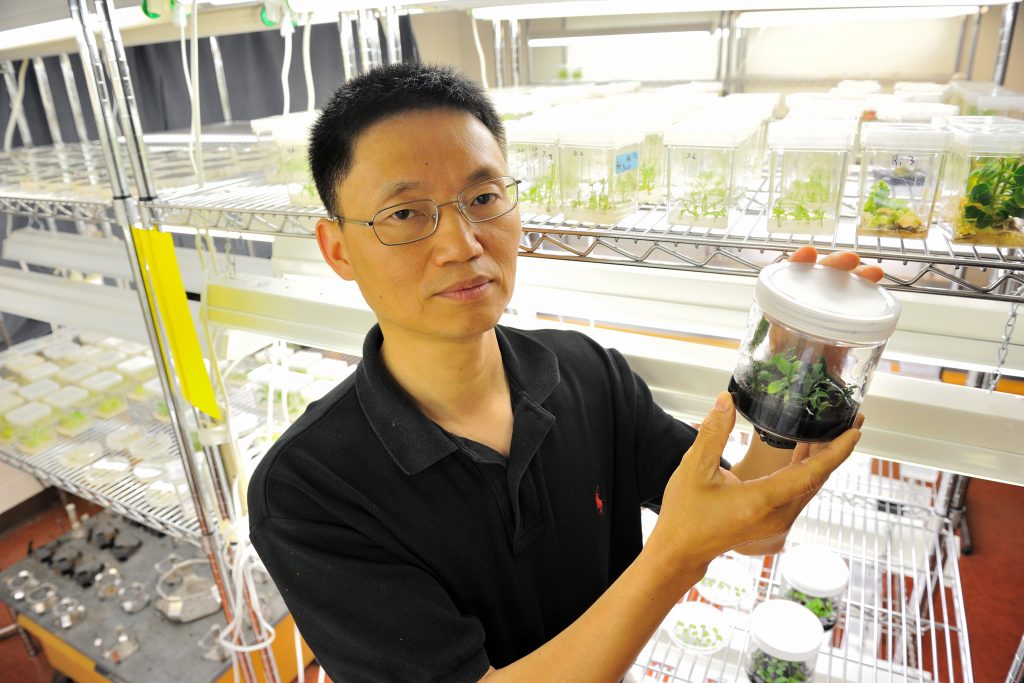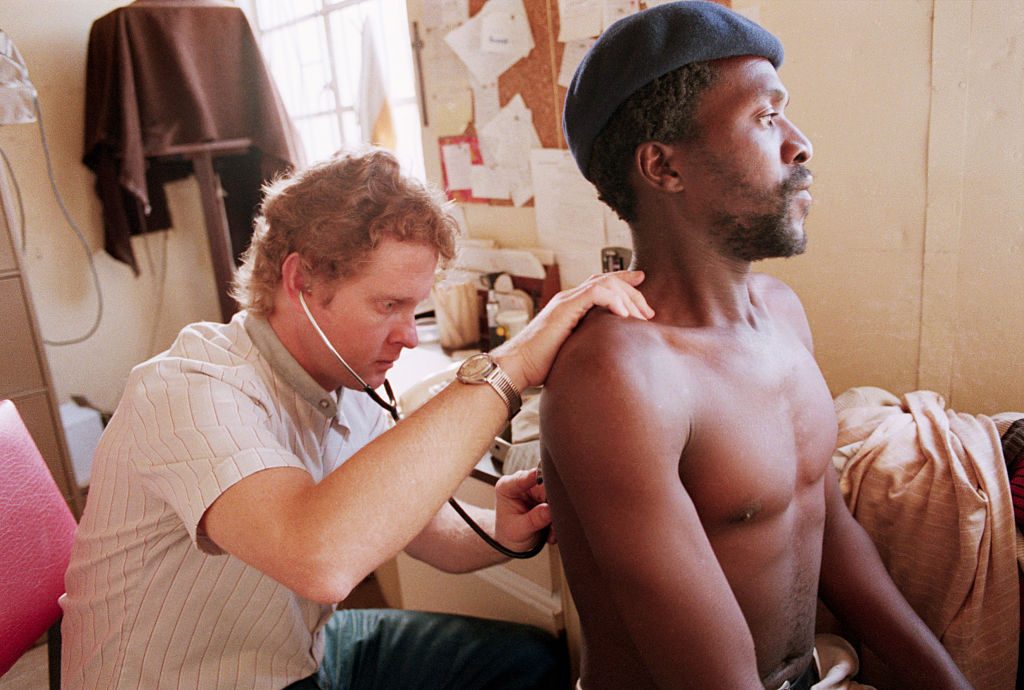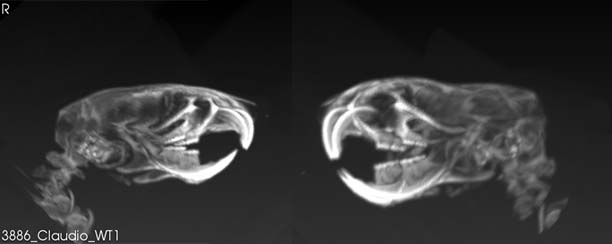Research & Discovery
Mobile Sense Technologies Wins U.S. Patent, $225K from NSF
This UConn spinout is building foundational technology for off-the-chest wearables for long-term management of cardiac arrhythmias.
June 20, 2018 | Jessica McBride, PhD
Improving Outcomes for Serious Knee Injuries
A UConn researcher finds that including psychological interventions in the rehabilitation process can boost recovery from an ACL injury.
June 20, 2018 | Colin Poitras
Meet the Researcher: Nancy Petry, UConn School of Medicine
Since joining UConn Health in 1996, Petry has won over $41 million in external funding, making her one of the most active and highly funded researchers across all campuses.
June 20, 2018 | Jessica McBride, PhD
Charles River Laboratories Joins UConn TIP
Charles River’s Vaccine Support Services group will continue R&D and manufacturing of diagnostics and laboratory products and plans to be an active member of TIP's entrepreneurial community.
June 19, 2018 | Jessica McBride, PhD
UConn Researcher Weighs in on USDA and GMOs
Plant science researcher Yi Li weighs in on USDA's recent statement on GMOs, and describes a new technique his team developed that uses gene-editing technology without introducing foreign genes, so the end-product is considered non-GMO.
June 19, 2018 | Elaina Hancock
Racial, Ethnic, and Sexual Minority Males Among Unhealthiest People in U.S., Report Finds
For example, African-American men consistently have life expectancies six years shorter than white men, according to the study led by Wizdom Powell of UConn Health.
June 18, 2018 | Kaitlin Luna, American Psychological Association
Scientists are Using DNA to Study Ocean Life and Reveal the Hidden Diversity of Zooplankton
'Except for scientists who study them, few people are aware that marine zooplankton are among the most numerous – and important – animals on Earth,' says marine sciences researcher Ann Bucklin.
June 18, 2018 | Ann Bucklin, Department of Marine Sciences
Testing Cellular Mechanisms Behind Microcephaly
Rahul Kanadia, professor of physiology and neurobiology, has received more than $1.8 million from the NIH to study the role of minor spliceosome in cortical development common in microcephaly.
June 18, 2018 | Anna Zarra Aldrich '20 (CLAS), Office of the Vice President for Research
UConn Engineering Announced as Partner Institution for $14.2M Regional Transportation Center
In a coalition of schools led by the University of Maine, the University of Connecticut School of Engineering will be a participant in the Region 1 University Transportation Center: Transportation Infrastructure Durability Center (TIDC), funded by a five-year $14.2 million grant from the U.S. Department of Transportation.
June 15, 2018 | Eli Freund
Poker Has a ‘Tell’ About Strategic Thinkers
A new study on high-stakes poker reveals how people process information in competitive settings.
June 15, 2018 | Kristen Cole, University of Connecticut, and Karen Michele Nikos-Rose, University of California, Davis









